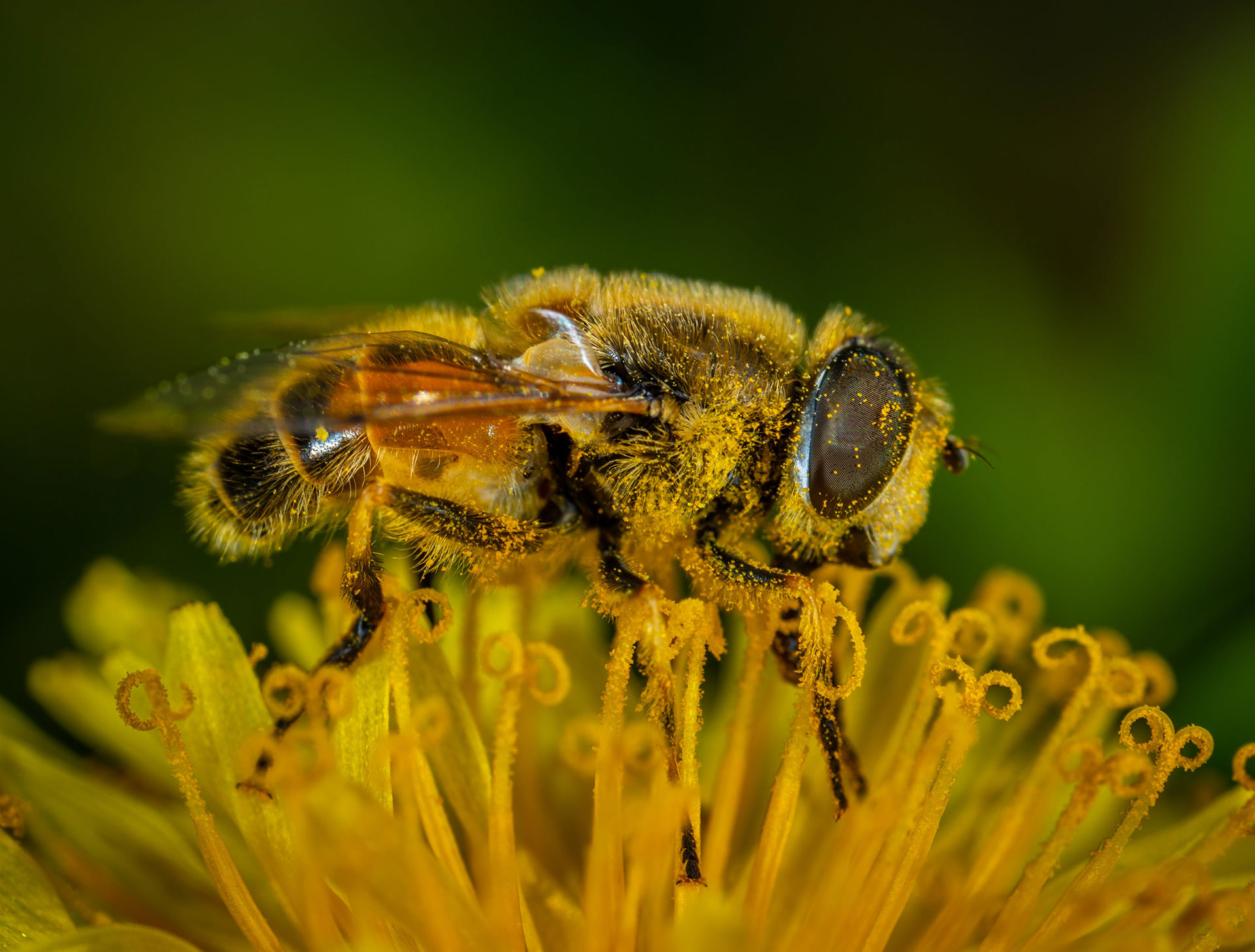Surveying the Rich Diversity of Bee Species in Massachusetts

In Massachusetts, our backyards, gardens, and parks are buzzing with various bee species. At The Bee Hunter, we believe in the importance of understanding these fascinating creatures, even as we help manage their presence in your spaces. Explore the various bee species inhabiting Massachusetts, and discover their distinct characteristics and vital roles within our ecosystem in this blog post.
The Importance of Bees in Massachusetts
Bees play a crucial role in pollinating many of our state’s crops and wild plants. They are essential for the health of our ecosystems, supporting the growth of flowers, fruits, and vegetables. Recognizing the different species of bees in Massachusetts not only fosters appreciation for these industrious insects but also aids in effective and environmentally conscious bee management practices.
Common Bee Species in Massachusetts
Some of the more common species of bees in Massachusetts include:
- Honeybees (Apis mellifera): Perhaps the most well-known, honeybees are vital for pollination. They live in large, well-organized colonies and are distinguished by their golden-brown and black-striped bodies.
- Bumblebees (Bombus spp.): Easily recognizable by their large, fuzzy bodies, bumblebees are excellent pollinators. They are generally not aggressive unless their nest is threatened.
- Carpenter Bees (Xylocopa spp.): These giant, solitary bees are known for drilling into wood to lay their eggs. They resemble bumblebees but have a shiny, black abdomen.
- Sweat Bees (Halictidae family): Small and often metallic in color, sweat bees are attracted to human sweat. They are solitary bees and are excellent pollinators of many plants.
- Mason Bees (Osmia spp.): Known for their ability to pollinate fruit crops, mason bees are solitary and use mud to construct their nests.
- Leafcutter Bees (Megachile spp.): These solitary bees are known for cutting circular pieces from leaves to build their nests. They are harmless and effective pollinators.
Understanding Bee Behavior
Most bees in Massachusetts are non-aggressive and only sting in self-defense. Honeybees and bumblebees can sting once, while carpenter bees are generally docile and rarely sting. Understanding bee behavior is critical in coexisting with them peacefully. If you encounter a bee, it’s best to remain calm and slowly move away. Aggressive swatting or disturbing their nests can provoke them.
Safe Bee Management Practices
At The Bee Hunter, we specialize in safe, effective bee removal and management. Our approach prioritizes the well-being of both humans and bees. If you have a bee problem, it’s vital to consult professionals who can identify the species and implement the appropriate removal or control measures, ensuring safety for your family and these critical pollinators.
Safely Manage Stinging Insects with The Bee Hunter’s Help
Should you encounter bees, wasps, or other stinging insects at your home, The Bee Hunter is here to help. Our experienced team provides safe, humane removal and management solutions. We ensure a balance between protecting your home and preserving these important pollinators. Contact us for expert assistance and peace of mind.
